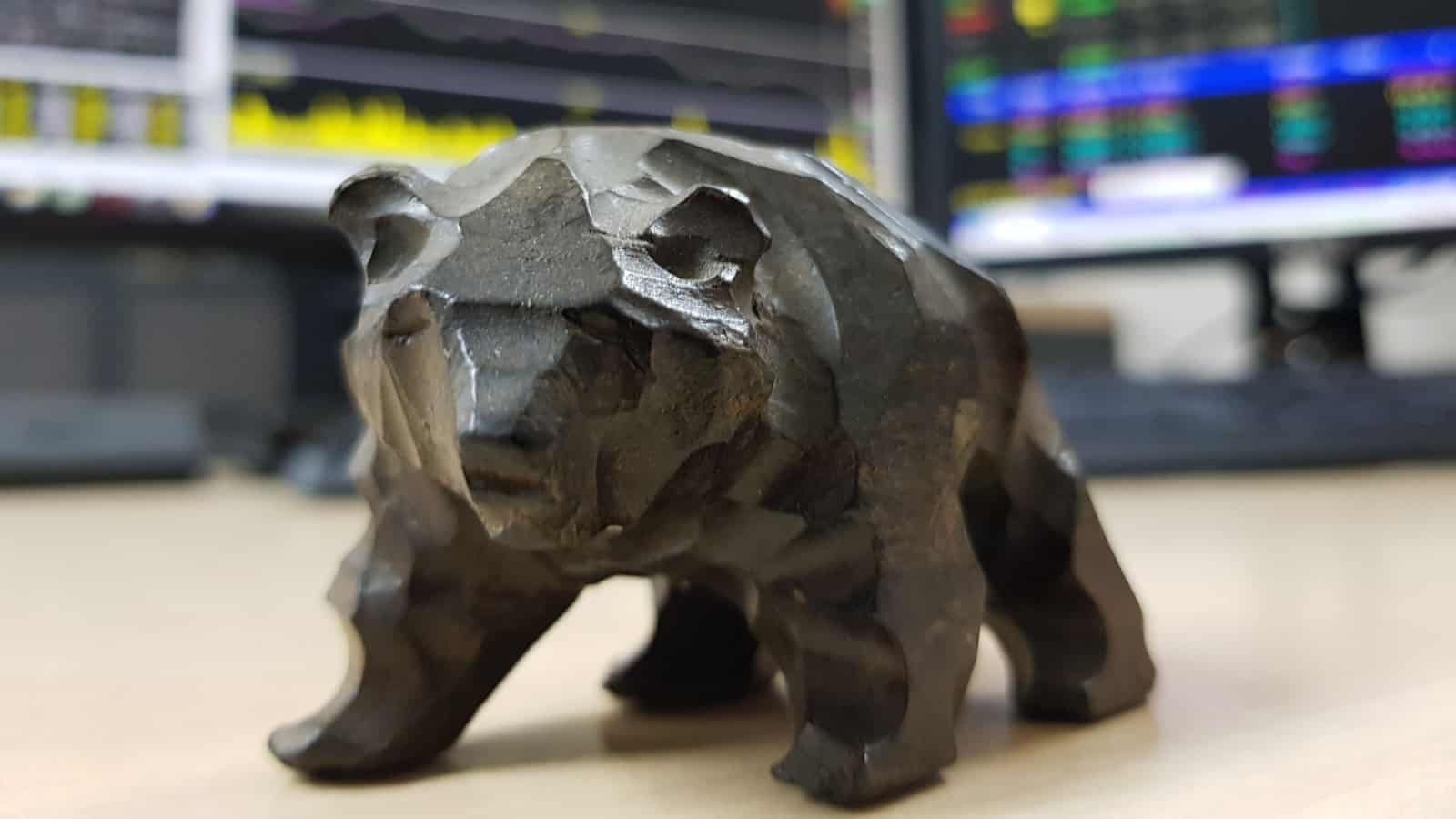UK stocks have pushed downwards over the past month amid recession forecasts and more concerns about gas supplies to Europe. But that’s not the only thing moving markets.
At the time of writing, Liz Truss is expected to take office as the third female prime minister of the the UK. Truss aims to tackle the UK’s woes with a spending programme that is comparable with Covid-19 furlough spending.
So what could all this mean for UK stocks and my portfolio?
More spending
Broadly, there is concern about her mix of big spending plans, not to mention plans to upend the Bank of England’s remit. The pound and UK bonds are trailing most other major economies.
Truss’s spending commitments, which include increasing defence spending to near 3%, and promised tax cuts, look set to push inflation higher. Calculations by the Financial Times suggest the incoming PM could create a £60bn hole in the public finances by 2026 as inflation and debt spirals.
Higher inflation
Inflation has been forecast to move towards 20% in early 2023. Some analysts think it could move to 23% — although its worth noting that inflation excluding energy prices will be much lower.
Analyst suggest that Truss’s spending plans could accelerate the inflation trajectory. This therefore could demand higher interest rates sooner.
Inflation presents a major challenge for many UK stocks. Retailer margins are being squeezed and some are struggling to pass those costs onto customers. For example, budget supermarkets that don’t have pricing power might have to absorb more of those costs as their customers continue to expect lower prices.
The same might apply for stocks in the restaurant trade. Some brands, such as those owned by The Restaurant Group, might struggle to pass on costs as they’re not perceived as premium dining options.
Here’s how I’m preparing
I think we’re going to see plenty of volatility this autumn with energy issues and political changes pushing markets up and down.
I’m taking a fairly defensive position. I’m looking at UK banks such as Lloyds, NatWest, Close Brothers Group and Barclays. We’ve already seen higher interest rates translate into higher earnings for banks. And with interest rates set to go higher still, I think we could be in for a period of record profit making. I appreciate that credit quality may fall, but higher rates are a big deal for banks.
I’m also looking at defensive stocks such as Unilever and Haleon. Both companies own a host of household brands, and this is considered positive when it comes to passing higher costs on to customers. Shoppers tend to stick with branded goods even when times are tough.
I also like these stocks as they have an international reach. With the pound weakening, it’s good to have overseas income as it will inflate earnings when converted back into GBP.








